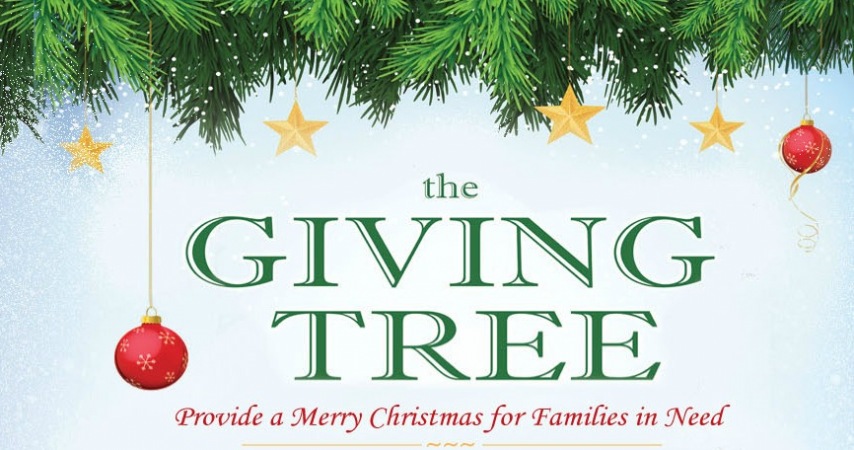Today's fraction test was a challenge for some students. Some important things to remember.
A fraction is a number that is part of a whole. The whole is divided into equal parts (denominator). This is true if the fraction is less than or greater than one.
I've assigned some Mathletics assignments. There are a few assignments on decimals and some on addition, subtraction and multiplication. If you do not understand the strategy they are trying to teach, click the "i" in the top right hand corner. It explains everything.
Grade fives please practice changing from improper fraction to mixed numbers and mixed numbers to improper fractions.
Grade fours, you should be able to determine any fraction on a number line less than 1. If you see a number line with a dot and are trying to find out what fraction that could be, you must divide the number line into equal parts FIRST.
0 1
The number line could be divided into six equal parts so the dot is about 4/6
Science
Most groups have their arguments ready to go for the debate. I'll give you a few minutes to practice and hopefully tomorrow we will complete our debate. Topic: Should land that is home to plants and animals be destroyed to build affordable housing?
Writing
What is point of view? Today we reviewed the different points of view an author can use to tell a story. Second person point of view is very uncommon. Sometimes you see it with poetry.

We are writing a narrative from first person point of view. But there is a twist. You wake up and find out you are an inanimate object! You are pretending that you are actually the object. The first step in the writing process is prewriting or brainstorming. Organize your story by jotting down in point form what will happen at the beginning, middle and end. At the beginning an author introduces the characters, setting and problem. The middle is all about the problem and solving it. At the end the problem is usually solved.
Most of you know this process...

But think of this one....

We have studied several literary devices such as simile, onomatopoeia and alliteration. There are a few more we will talk about over the next few days. Using these literary devices makes your story more interesting. More about "Show, Don't Tell" next week.....
Reminders:
- Library tomorrow
- Phys. Ed.... I believe we have a bocce lesson with a guest from the Board Office.
- $4.00 for art lesson in December
- Gifts for our Giving Tree Christmas campaign. Please consider sending a gift to make the season brighter for a child.

